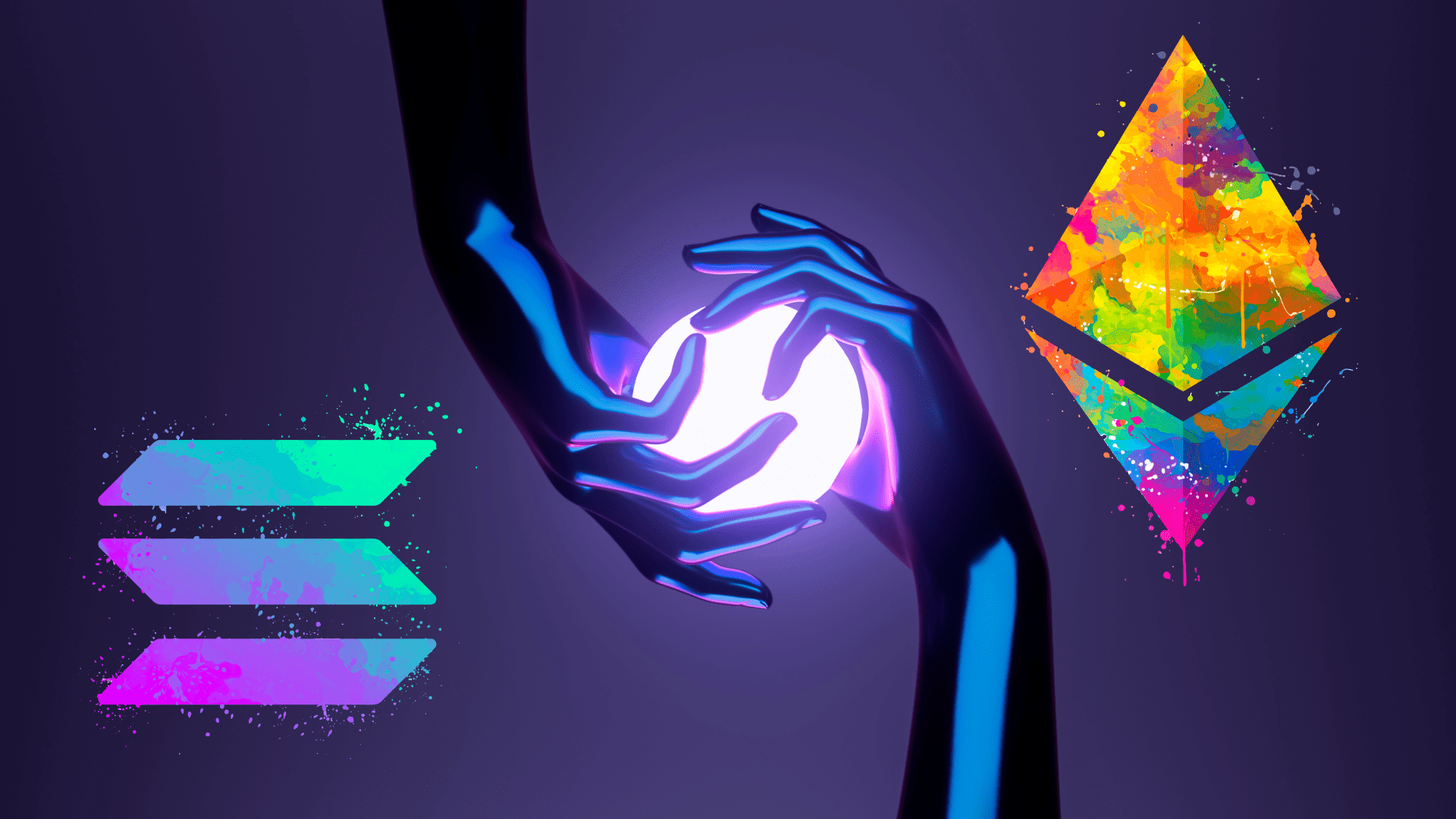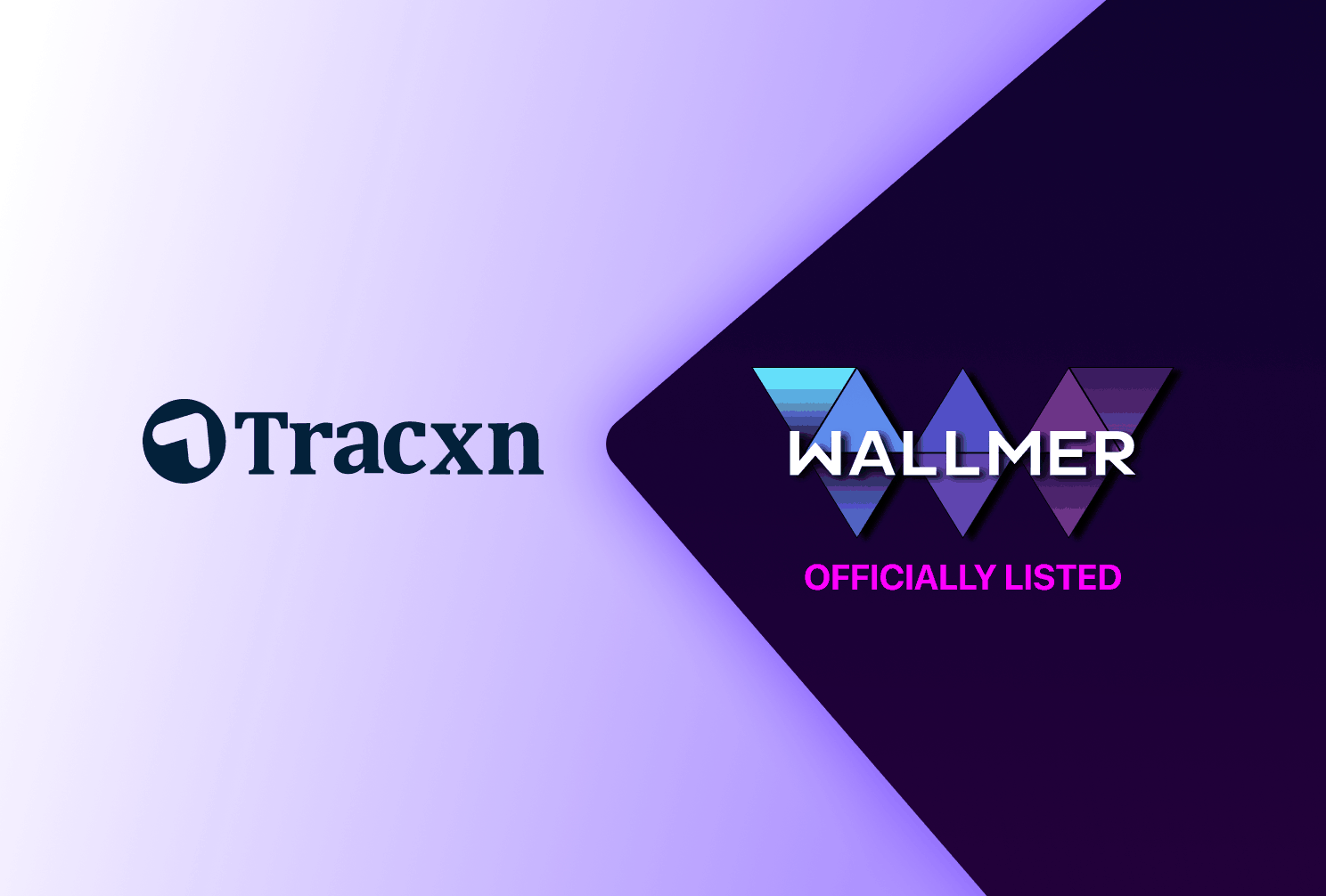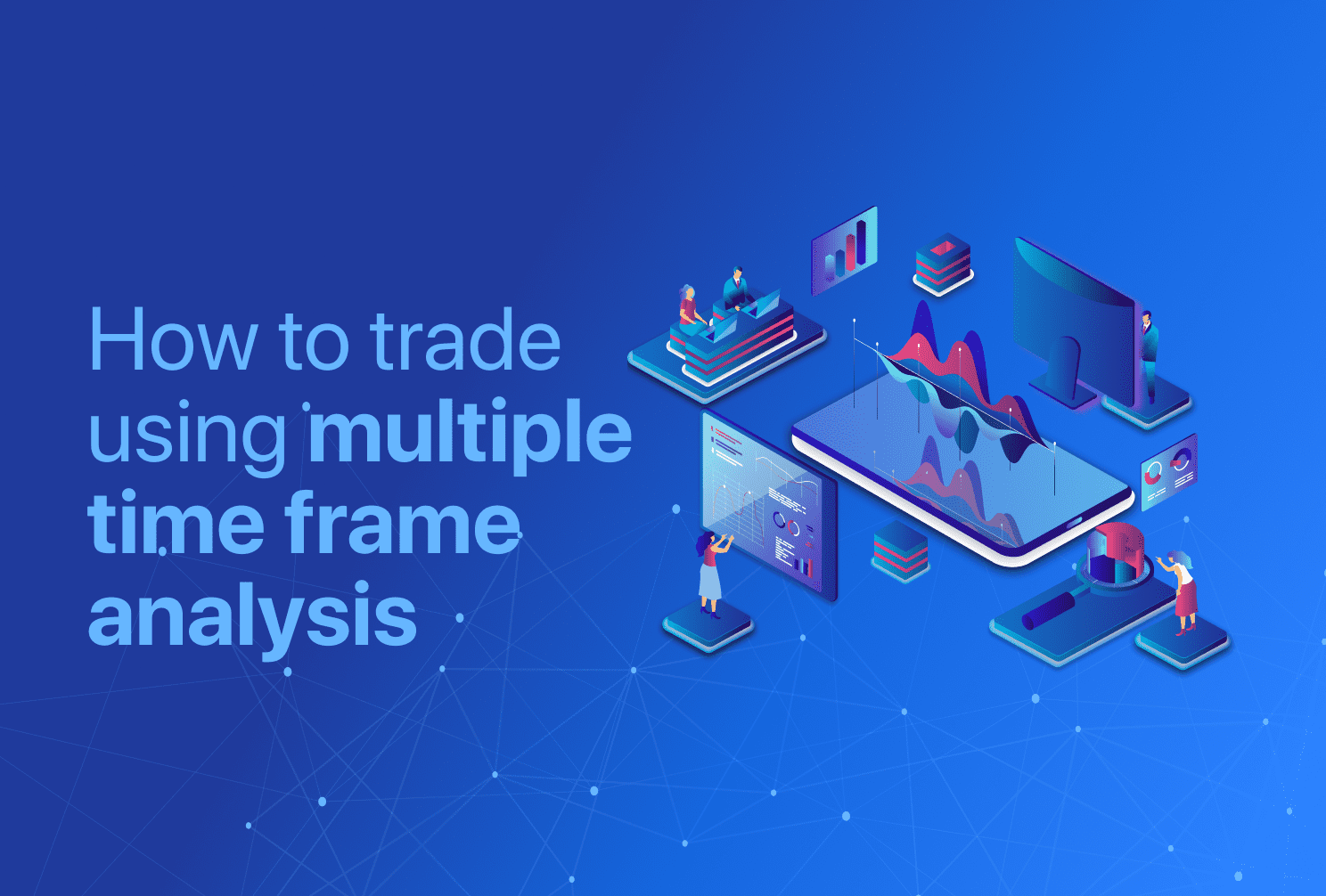Solana vs Ethereum
Introduction:
When it comes to blockchain technology, Ethereum is often the first platform that comes to mind. However, Solana is a relatively new player that is quickly gaining popularity. In this article, we will compare Solana and Ethereum, highlighting the differences between the two platforms.
Overview:
Ethereum is a decentralized blockchain platform that is primarily used for the creation and deployment of smart contracts and decentralized applications (DApps). It was created by Vitalik Buterin in 2013 and launched in 2015. Ethereum uses a proof-of-work (PoW) consensus mechanism, which means that transactions are validated by a network of miners.
Solana, on the other hand, is a high-performance blockchain platform that was created by Anatoly Yakovenko in 2017. It uses a proof-of-stake (PoS) consensus mechanism, which means that transactions are validated by a network of validators. Solana is designed to be highly scalable, with the ability to process up to 65,000 transactions per second.
Transaction Speed:
One of the main advantages of Solana is its speed. With its unique architecture, Solana can process transactions much faster than Ethereum. In fact, Solana can handle up to 65,000 transactions per second, while Ethereum can only handle around 15 transactions per second. This makes Solana a more efficient platform for high-frequency trading and other applications that require fast transaction speeds.
Scalability:
Another advantage of Solana is its scalability. Ethereum has been criticized for its scalability issues, with high gas fees and slow transaction times during periods of high network activity. Solana’s architecture is designed to be highly scalable, with the ability to handle large volumes of transactions without experiencing slowdowns or high fees.
Development Tools:
Ethereum has been around for much longer than Solana, which means that it has a more established development community and ecosystem. There are many development tools and frameworks available for Ethereum, including Solidity (Ethereum’s programming language), Truffle (a development framework), and Remix (an IDE). However, Solana is quickly catching up, with a growing number of development tools and resources becoming available.
Ecosystem:
Ethereum has a large and diverse ecosystem, with a wide range of decentralized applications (DApps) and tokens built on its platform. Some of the most popular DApps on Ethereum include Uniswap, Aave, and Compound. Solana is still a relatively new platform, but it has already attracted a number of high-profile projects, including Serum, Raydium, and Mango Markets.
Conclusion:
Solana vs Ethereum are both popular blockchain platforms, each with their own strengths and weaknesses. Ethereum has a more established development community and ecosystem, but Solana offers faster transaction speeds and better scalability. Ultimately, the choice between Solana and Ethereum will depend on the specific needs and requirements of the application being developed.
Read more articles on our blog https://blog.wallmer.com



